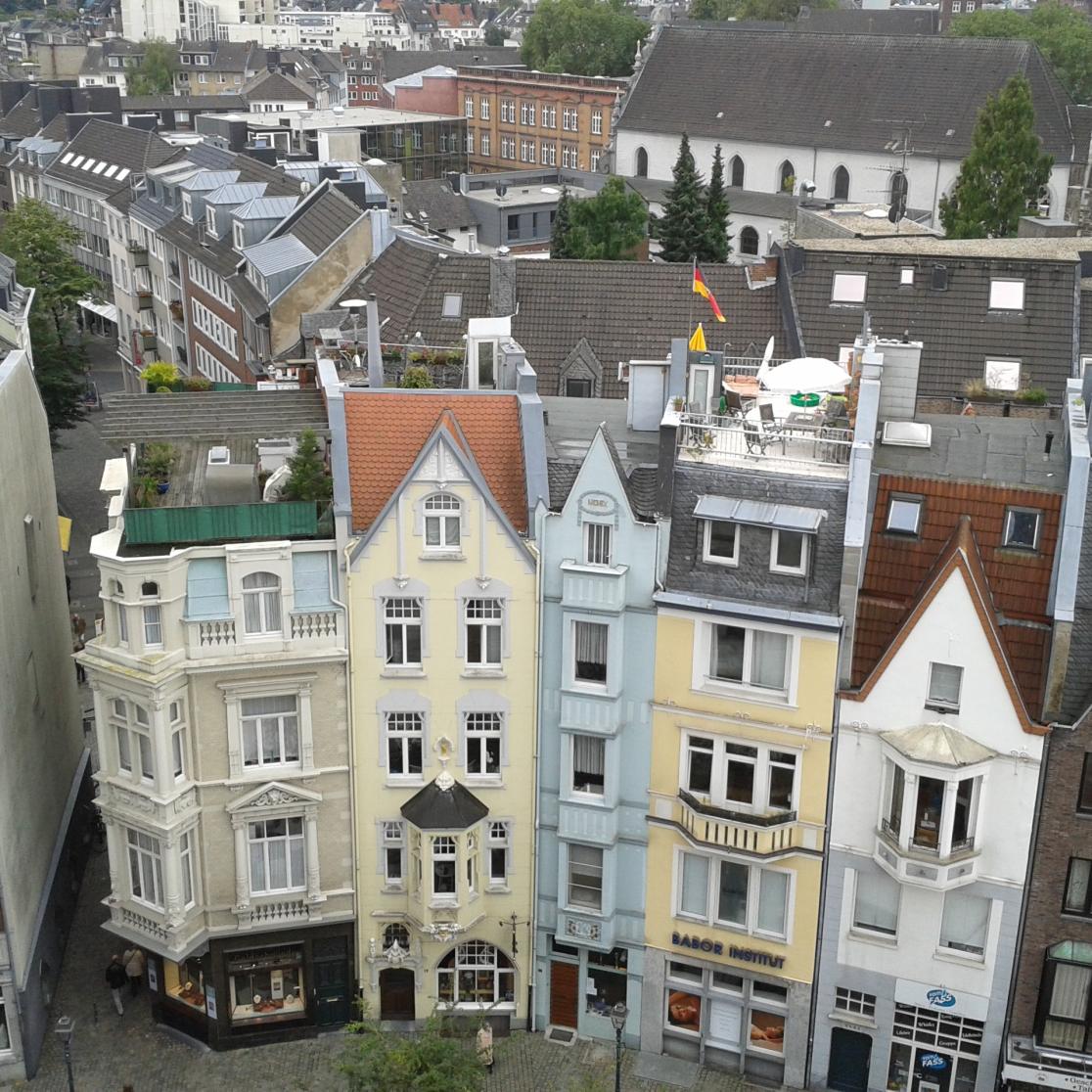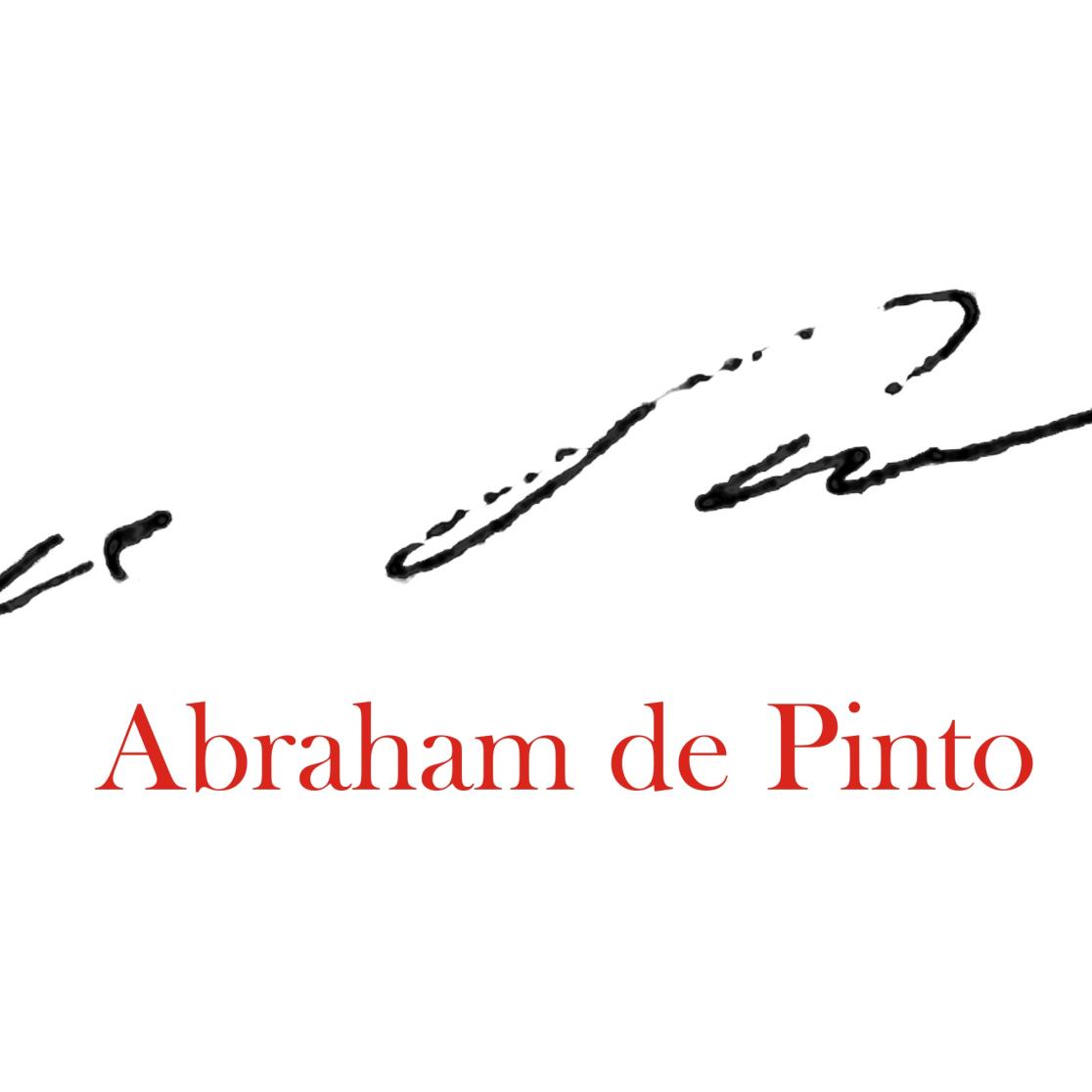In the Netherlands people can marry in different ways; either civilly, religiously, or in both ways. Dissolving a civil marriage is usually not too difficult to achieve. Obtaining a religious divorce, on the other hand, can be a real challenge, especially for women of migrant or refugee background. A civil divorce pronounced by a Dutch court will not end a religious marriage; or when there is no civil marriage and a couple only entered a religious marriage – how and where can one get a religious divorce or annulment? The situation in which a couple is legally and/or physically separated yet religiously still married, can be denoted as being in a state of ‘marital captivity’.
The research project
This project aims (i) to gain insight into the phenomenon of marital captivity in the Netherlands, and (ii) to find legal solutions (national and international) to prevent and/or to resolve marital captivity.
Marital captivity refers to a situation wherein someone (usually a woman) is unable to terminate his or her religious marriage, i.e. keeping a spouse 'trapped' in a marriage against his or her will. This situation may, for example, arise because the religious doctrine does not acknowledge divorce or because the co-operation of the other spouse is lacking.
The consequences of marital captivity can be detrimental to the trapped spouse. For example, she/he may experience difficulties in re-marrying and moving on with her/his life. Or, fear of shaming or shunning may influence the spouse's decision to abstain from establishing a new relationship or re-marrying, whether civilly or religiously; or he/she may become socially excluded. With regard to transnational marriages, women may experience restrictions when travelling to, within or leaving their country of origin, particularly when a wife needs her (ex-)husband’s permission to apply for a new passport, leave or travel to or within the country of origin. Or, in case of re-marriage or a (alleged) new relationship of the wife, she may be accused of bigamy or adultery in the country where the marriage continues to exist.
Practices of marital captivity are known to occur in Muslim and Jewish communities. However, in The Netherlands, little is known about the variety of situations of marital captivity, its causes and consequences in these and other religious communities (e.g. Hindu, Catholic, Orthodox Protestant). In order to prevent or end situations of marital captivity, this research project also aims to find legal instruments that could help spouses who are trapped in a religious marriage.
Who carries out the research?
The research project is funded by the Netherlands Organisation for Scientific Research (NWO) and is carried out by Maastricht University. The project is divided into four subprojects (see below) and runs for five years (start date: October 2013). The project team consists of the following researchers: Benedicta Deogratias, Esther van Eijk, Pauline Kruiniger, and is coordinated by Susan Rutten. In addition, the project team cooperates with four (social) partners (NGOs), namely: Atria (Institute for Gender Equality and Women’s History), Stichting Landelijke Werkgroep Mudawwanah, Vluchtelingen Organisaties Nederland, and the Foundation ‘Proefprocessenfonds Clara Wichmann’.
Subprojects
The research is subdivided into four parts. In the sections below a brief description of each individual sub-project will be presented.
Subproject 1: Marital captivity in practice
Researcher: Esther van Eijk
Subproject 1 is a qualitative, exploratory study with the aim to identify and examine varying situations of marital captivity, in particular its manifestations, causes and consequences, which can be felt both in the Netherlands and abroad. Questions that are investigated include, for example: Which situations of marital captivity can be identified? What are the causes and consequences of different situations of marital captivity? What are the experiences of – in particular – ‘chained women’, both within their communities in the Netherlands and, possibly, abroad? Which solutions were sought to obtain a (religious) divorce, and what were the results of this exploration?
To answer these questions, (semi-structured) interviews are conducted with professionals, such as representatives of migrant and refugee organisations, community and social services, lawyers, religious organisations and authorities. In addition, a number of individuals, who suffer(ed) from a situation of marital captivity, are personally interviewed (i.e. case study interviews).
Subproject 2: Identifying solutions within the national Dutch legal context
Researcher: Pauline Kruiniger
The second subproject aims to find adequate legal instruments that prevent or solve situations of marital captivity, for women in the Netherlands. A solution that is already available – and that has proven to be successful – is to obtain the husband’s cooperation with a religious (Jewish or Islamic) divorce, through a Dutch civil court by instituting a tort action against the ex-husband. In addition, one can think of spouses agreeing upon arrangements about a religious divorce in a (marriage) contract in the case that their marriage will break down, or of initiating a criminal prosecution against the (ex)husband for intentionally holding his wife captive in the marriage.
In this subproject, legal comparative and qualitative research methods are combined. First of all, literature, legislation and court decisions, both Dutch and non-Dutch (e.g. from Canada, France, Germany, Israel, Sweden, the United Kingdom and the United States) will be analysed. In addition, semi-structured interviews will be conducted with representatives of religious communities in the Netherlands. Finally, test-cases will be instituted in order to examine the feasibility of available legal instruments, in cooperation with one of the four partners, i.e. the Foundation ‘Proefprocessenfonds Clara Wichmann’.
Subproject 3: Identifying solutions for obtaining a valid divorce abroad
Researcher: Pauline Kruiniger
Subproject 3 seeks to investigate how to obtain a lawful divorce in the country of origin of the woman and/or the man to prevent or solve a situation of marital captivity. This may include the recognition of the Dutch civil divorce by the country of origin or obtaining a lawful divorce in that respective country. The recognition policies and divorce laws of the following countries are examined: Egypt, Iran, Morocco, Pakistan and Suriname; by means of a literature study and semi-structured interviews with the respective authorities and other professionals. The latter will also include an investigation into the experiences of societal organizations with divorce and recognition practices, including strategies employed by individuals when trying to obtain a divorce or recognition in the respective countries.
Subproject 4: The use of Human Rights
Researcher: Benedicta Deogratias
The fourth and final subproject is a doctoral research project on the use of human rights as a legal means for addressing the issue of marital Captivity. The research is conducted under the supervision of Prof. Cees Flinterman, Prof. René de Groot and Dr. Susan Rutten. The aim of this subproject is to examine which obligations the Dutch government has to protect women against the consequences of marital captivity, both in the Netherlands and abroad, under international and regional human rights law. Research questions that underpin this research are, most importantly: Which fundamental human rights are at stake in a situation of marital captivity and whether the Dutch government is obliged to protect the trapped spouse’s rights against violations by third-parties?
This subproject uses a combined research method of i) a review of international human rights literature, including historical documents, reports, recommendations and judgements drafted by international and regional human rights supervisory bodies; and ii) interviews with representatives of embassies, the ministries of Foreign Affairs and Justice, to investigate which legal instruments can be employed to guarantee the protection of human rights in another country (usually the country of origin of one of the spouses).
[1] For example, Rechtbank Den Haag, 21 oktober 2014, ECLI:NL:RBDHA:2014:14191; Rechtbank Amsterdam, 10 april 2012ECLI:NL:RBAMS:2012:BW3800; Rechtbank Rotterdam, 8 december 2010, ECLI:NL:RBROT:2010:BP8396; Hof Amsterdam, 31 augustus 1989, NJ 1990, 679; Hoge Raad 22 januari 1982, NJ 1982, 489.

